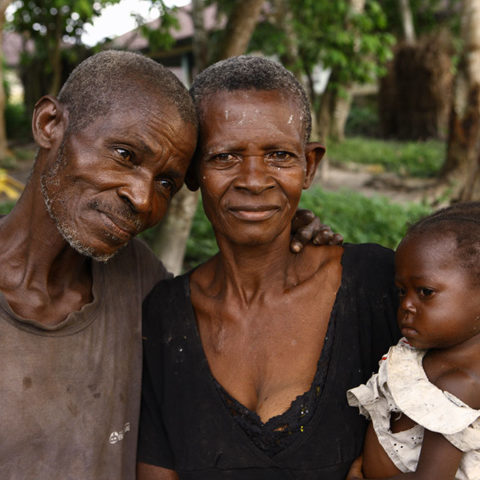
Building resilience in the face of discrimination
In 2018 ILEP gained funding from the Leprosy Research Initiative (LRI) for a study entitled ‘Promoting inclusion where it matters most: Building resilience in individuals and families’. Though leprosy and leprosy-related stigma or discrimination can have a major impact on psychosocial wellbeing, there is also evidence that persons affected by leprosy can overcome experiences of discrimination and exclusion, and in doing so they demonstrate numerous dimensions of resilience. So the study investigated whether efforts to strengthen individual and family resilience would enable people to better address stigma and discrimination.
Concept and design
The study was initiated and led by Zoica Bakirtzief da Silva Pereira (currently a member of the ILEP Advisory Panel), Anna van’t Noordende (now with NLR) and Pim Kuipers (former ILEP staff member). They designed a ten-week resilience development programme, along with a manual, and piloted it in collaboration with staff from ILEP members in two quite different contexts in India. These were an urban slum in Hyderabad, in association with ILEP member Fontilles, and a rural tribal area in Odisha, in association with ILEP member Lepra.
The programme was undertaken in family settings, and the participants were people with personal experience of leprosy and their family members. To make the concept of resilience more meaningful to the participants, bamboo was chosen as an emblem of the programme, with the catch-phrase: ‘being strong and bouncing back like the bamboo in a storm’. The content of the programme covered four main themes: strong roots of the bamboo plant (knowledge), strong trunk (thoughts and behaviour, positive self-view), strong branches and leaves (beliefs, faith and knowledge of rights), and strong soil (relationships within and beyond the family, and social support).
Results
The results of the study were published in April 2021. The ten-week course was well-received by the individuals and families. The ILEP member staff involved in the programme were very supportive: for them, it seems to have been a valuable entry point into a deeper understanding of psychosocial issues in leprosy. The effects of the programme on the two communities, measured through resilience and quality of life questionnaires, were markedly different. The rural community in Odisha demonstrated significant gains in resilience, whereas the urban slum community in Hyderabad did not. Both communities had markedly higher quality of life scores after the programme.
The full report includes some very thoughtful analysis of why the results were different. We recommend a close reading of that analysis. It is a useful reminder of the way in which events and circumstances outside of a programme or intervention can have a dramatic effect on results.
Next steps
The authors conclude that this 10-week family-based intervention is feasible and has the potential to improve resilience and quality of life. There are fruitful subjects for further research coming out of the study – for example, the inter-relationship between resilience and religious belief. They note that the 10-week programme is one of the first interventions designed to strengthen psychosocial resilience of persons affected by NTDs such as leprosy in a developing country context. They recommend a larger-scale trial to determine the effectiveness and long-term sustainability of the intervention.